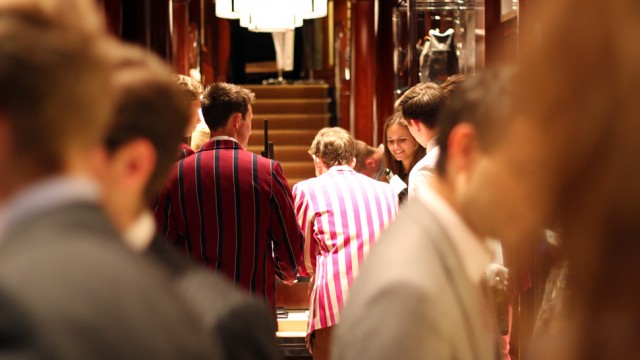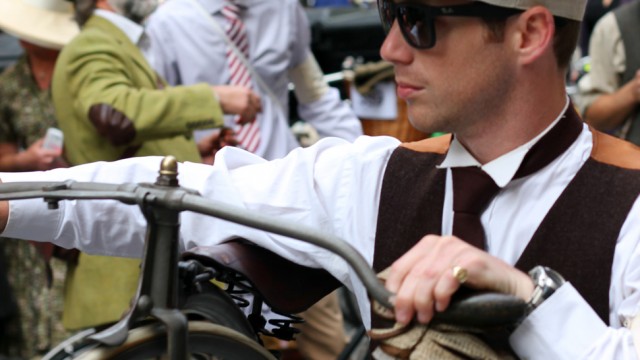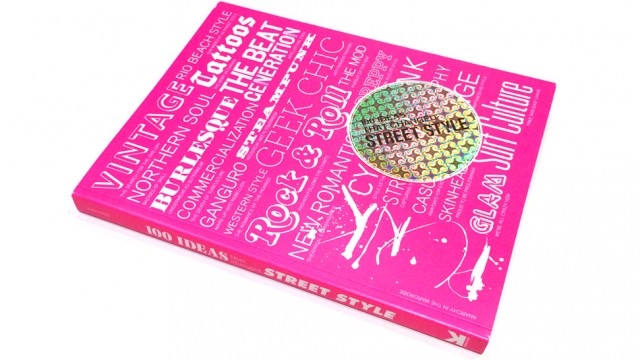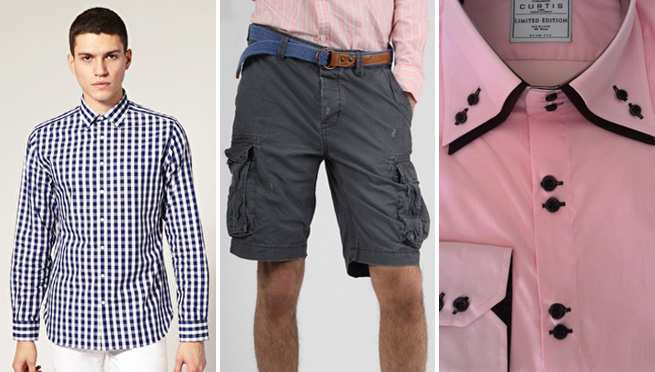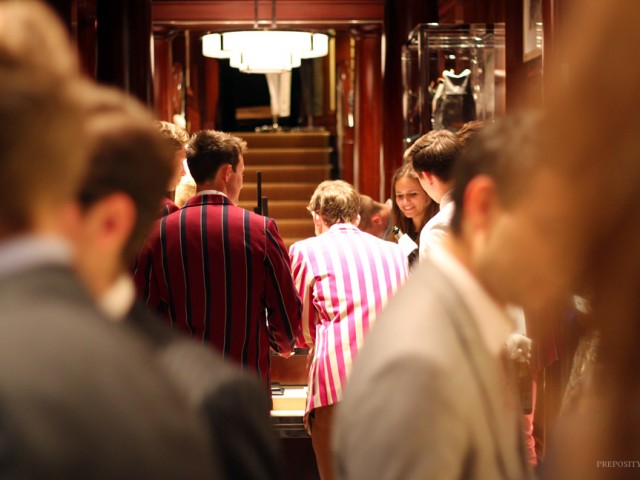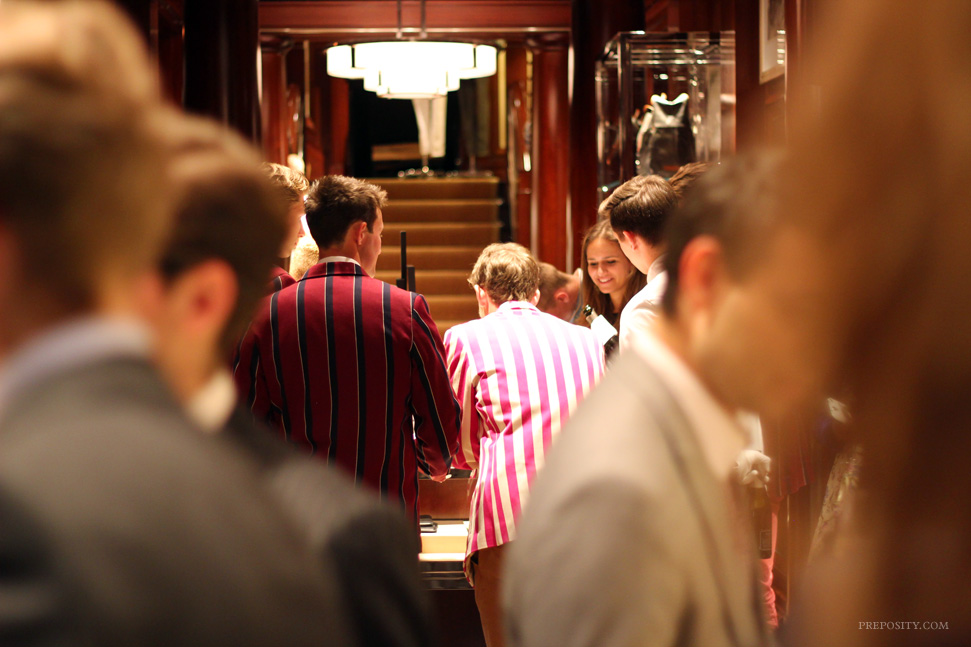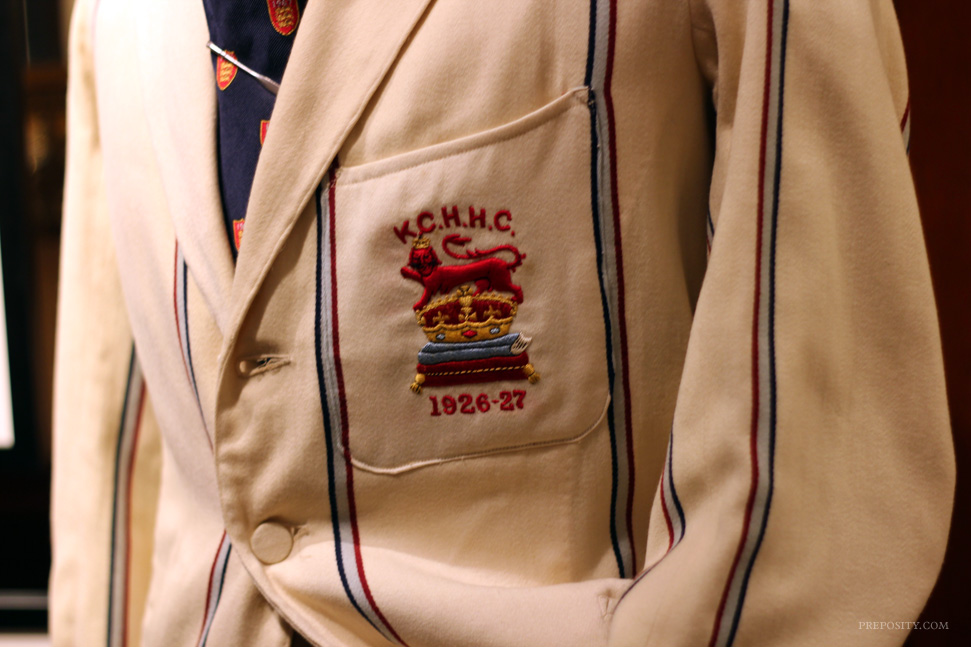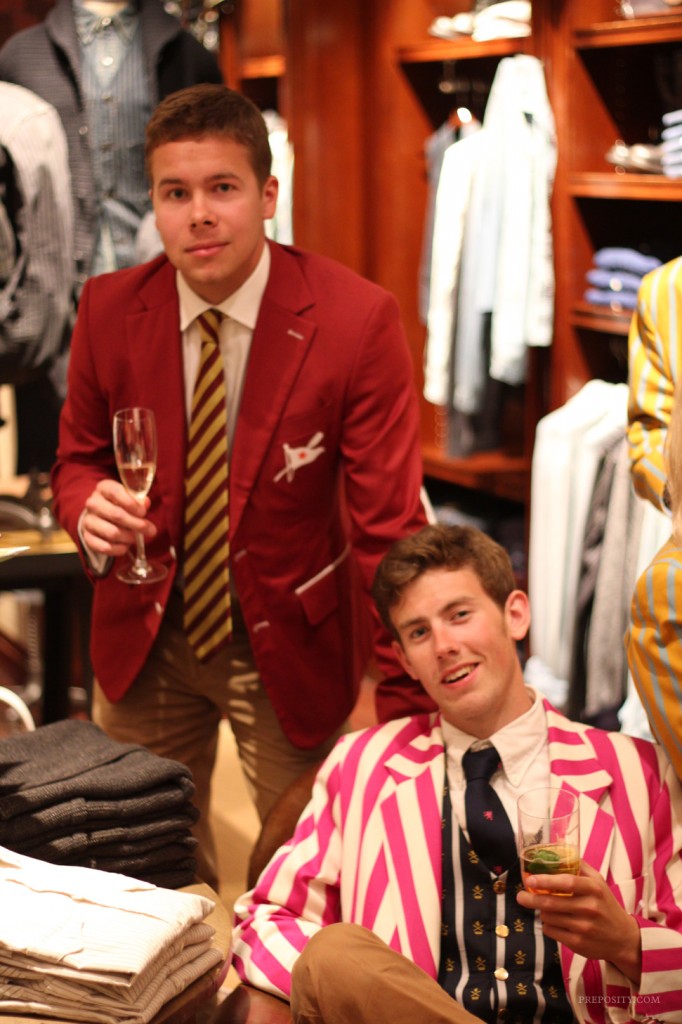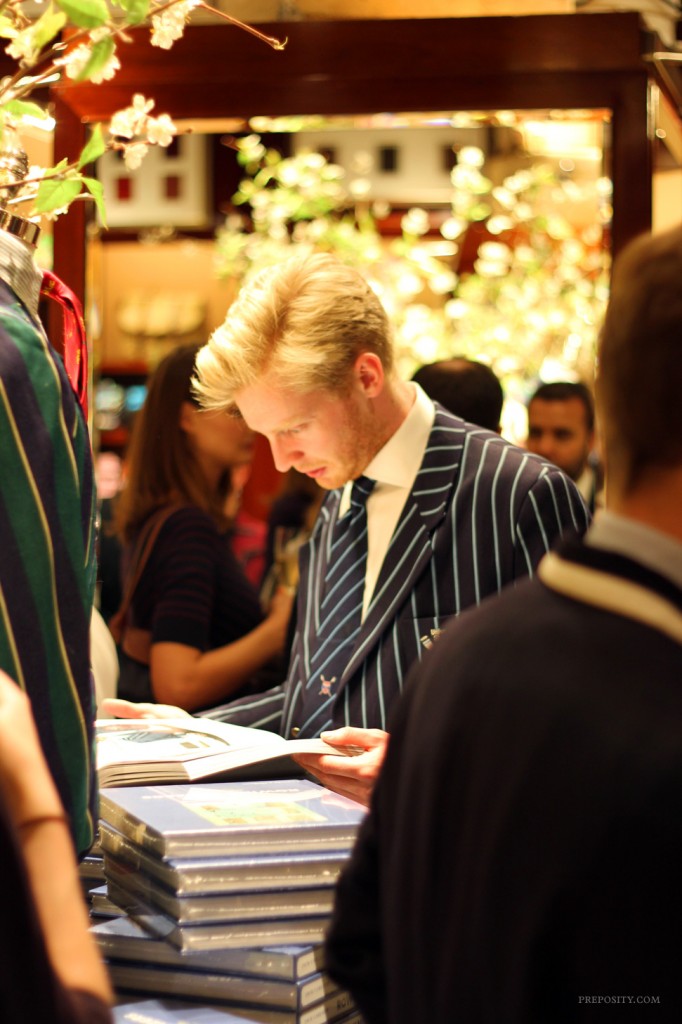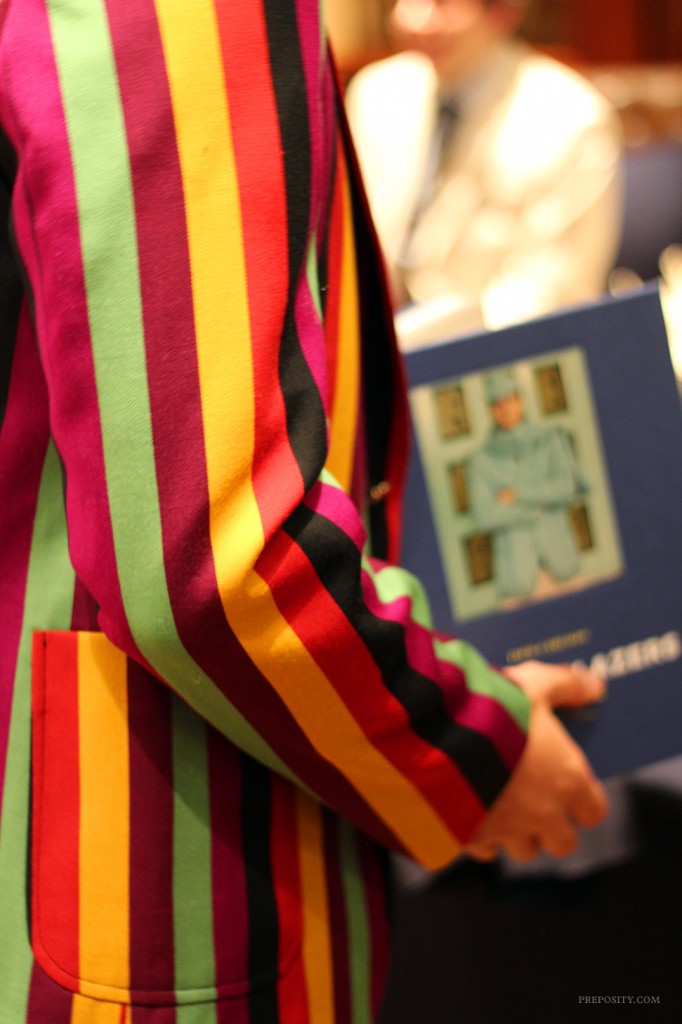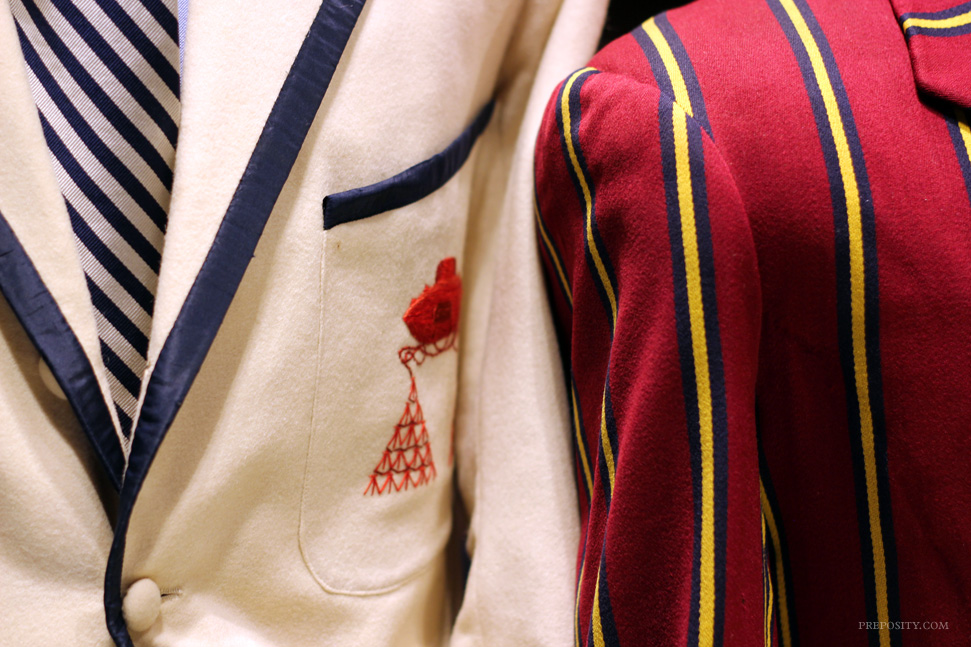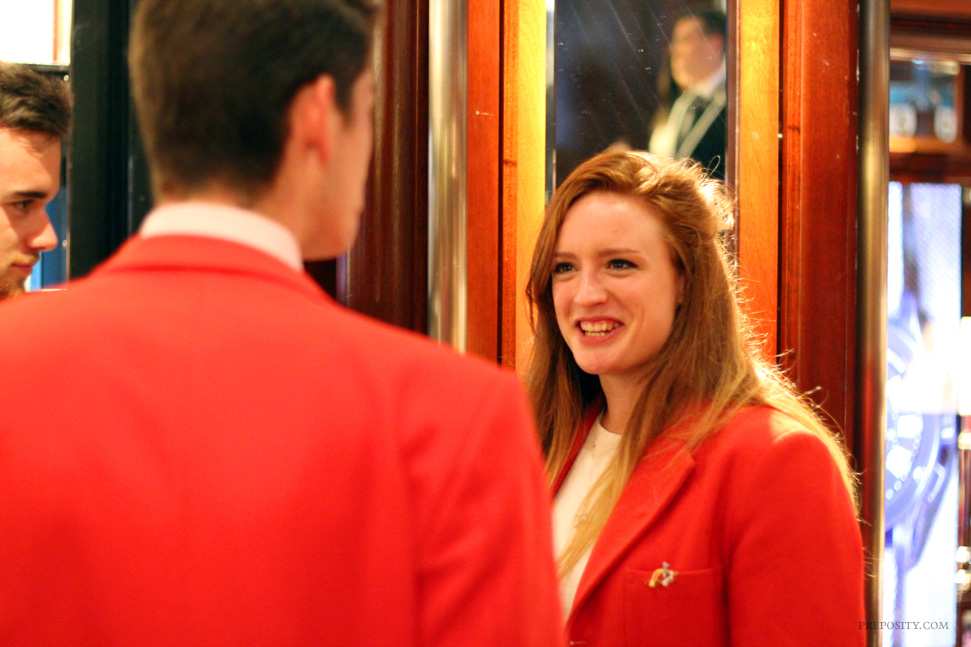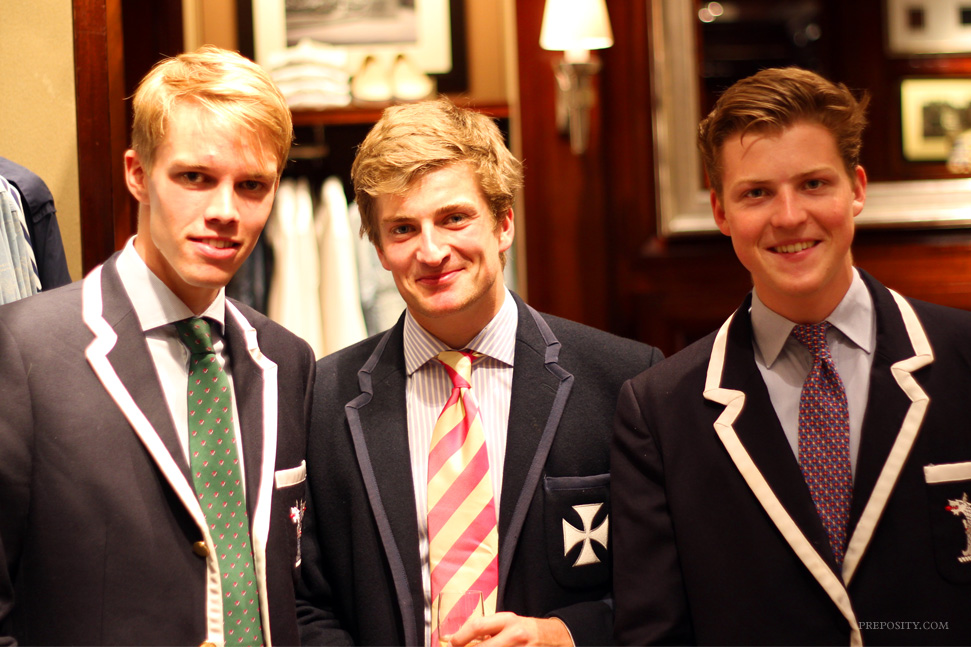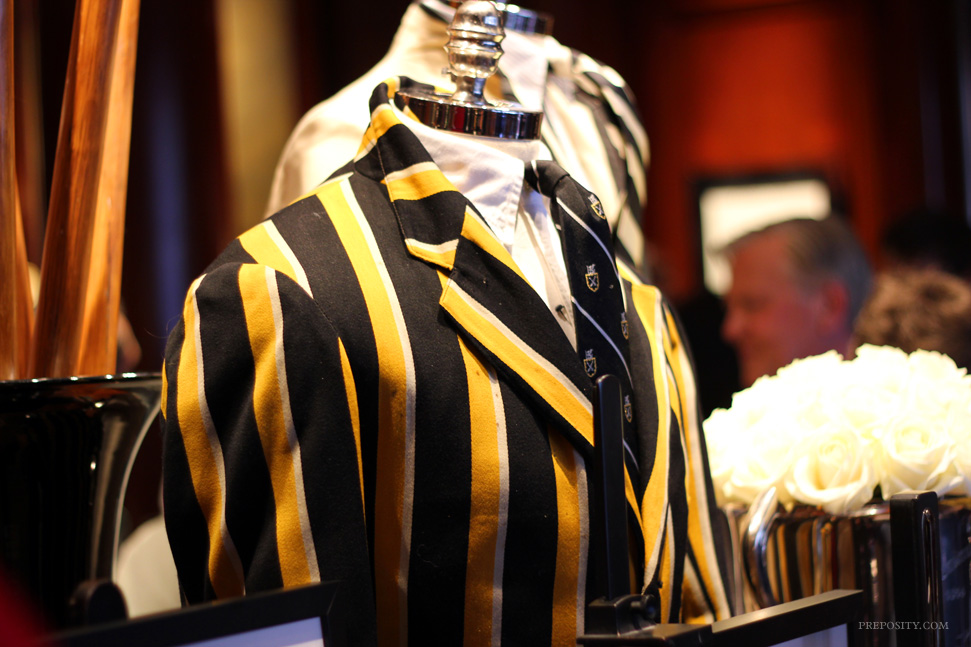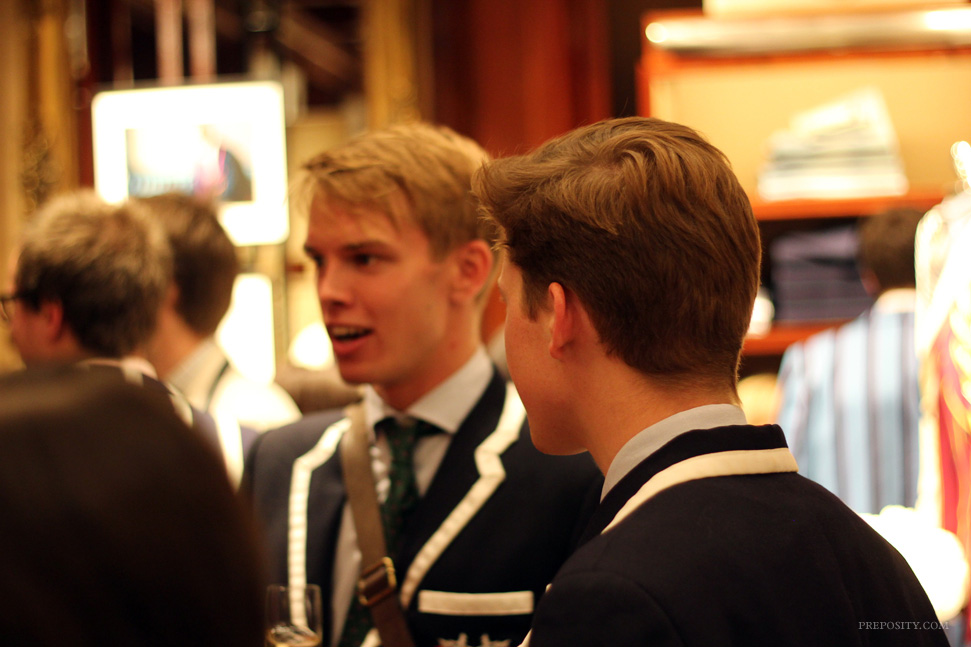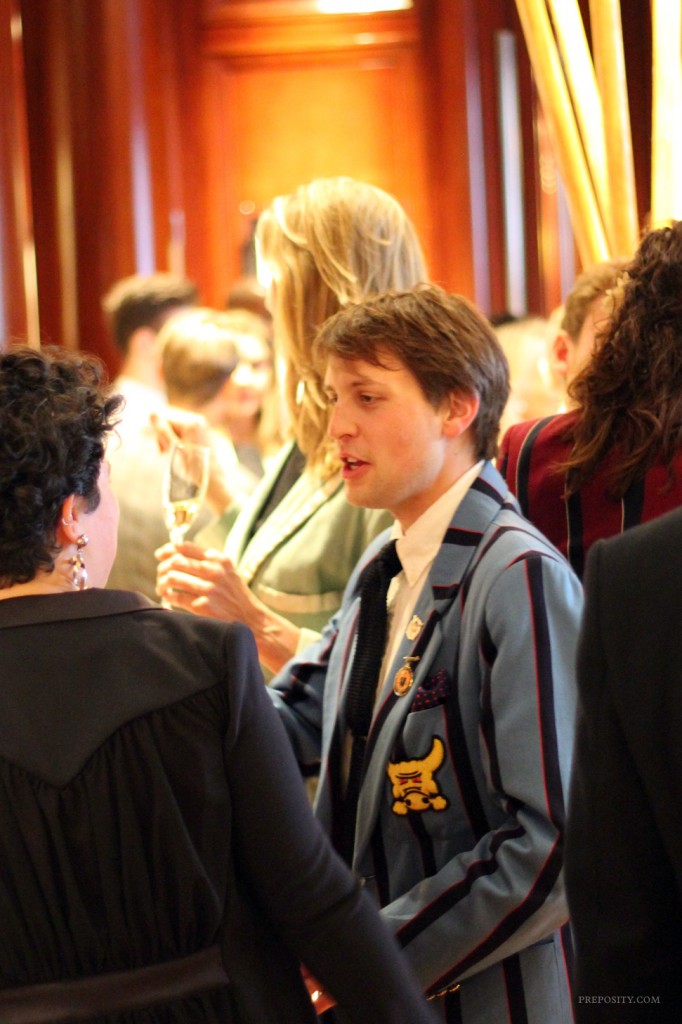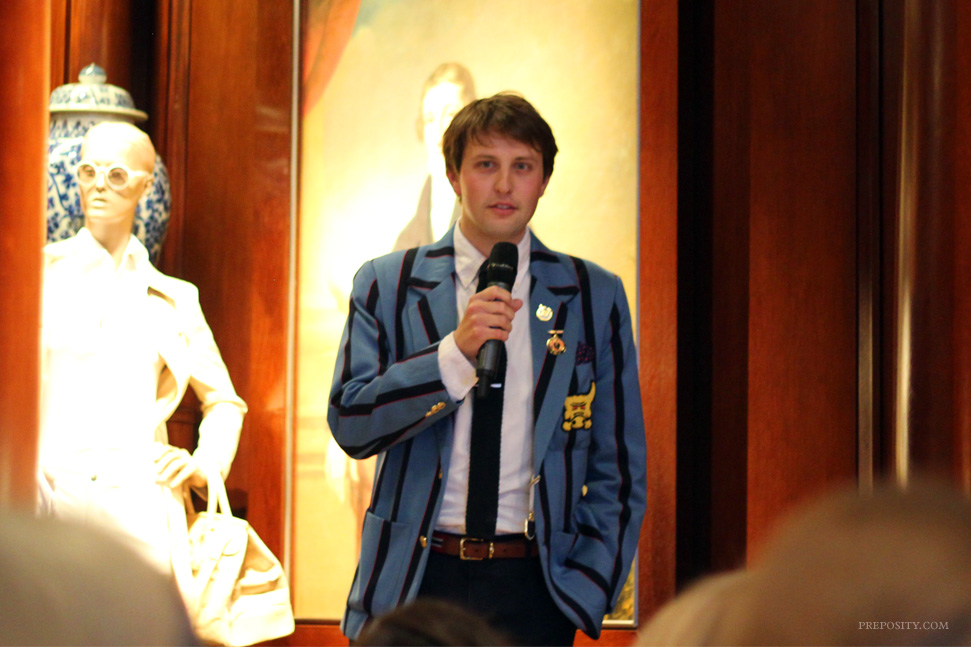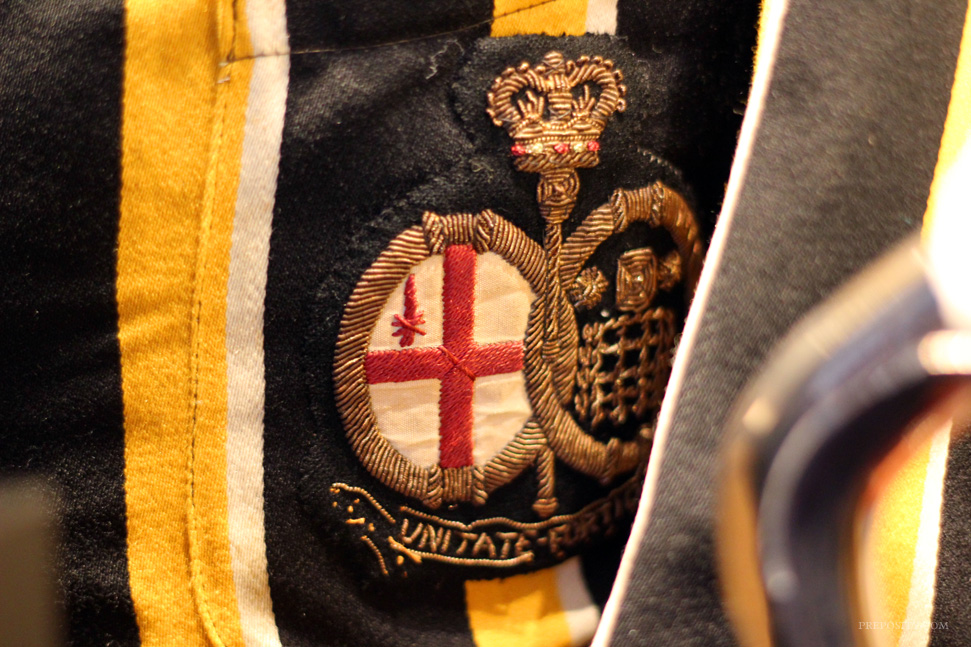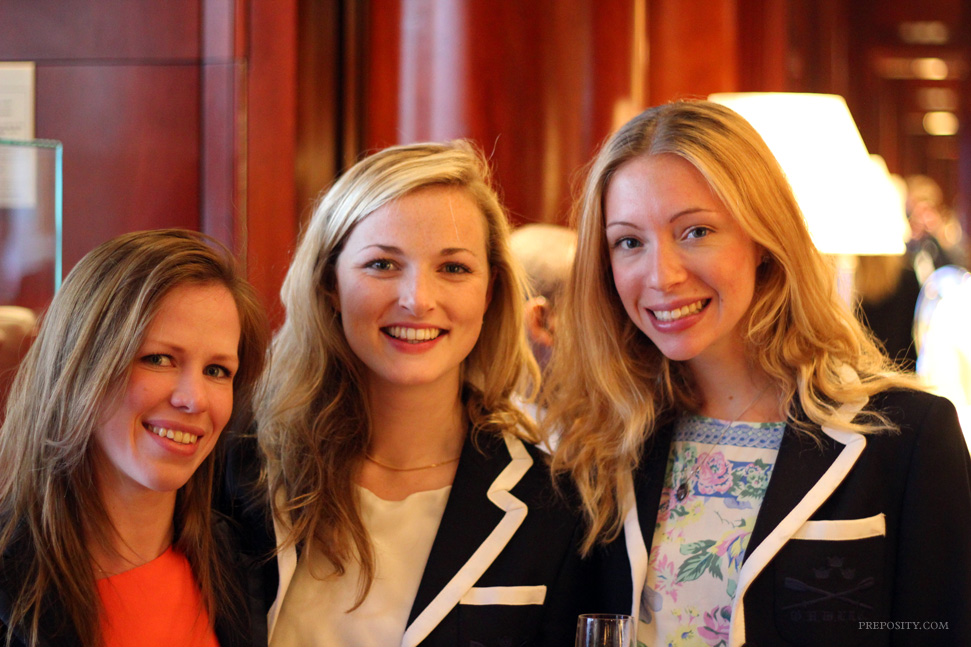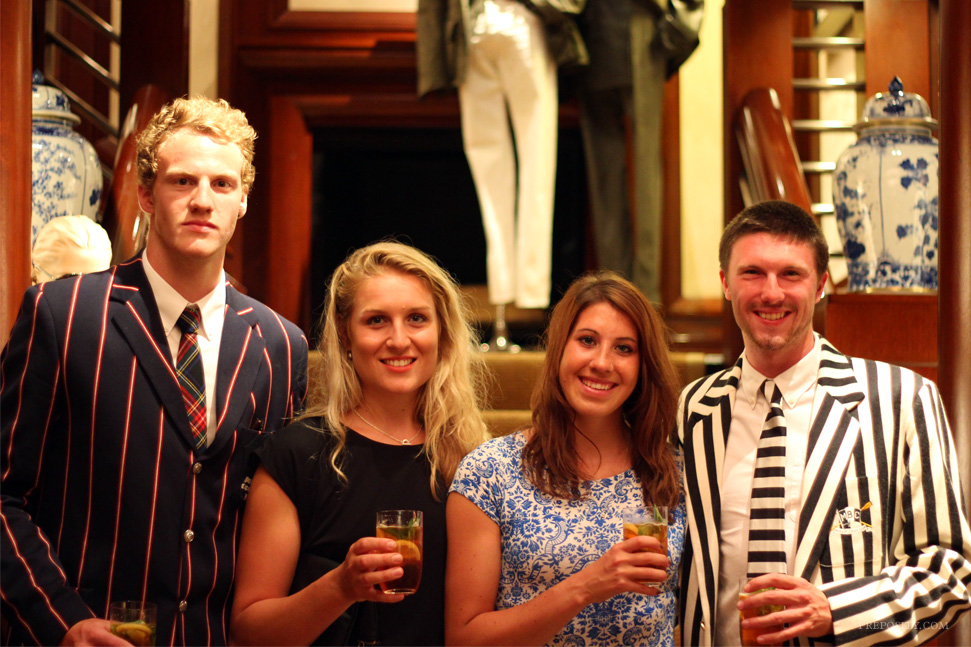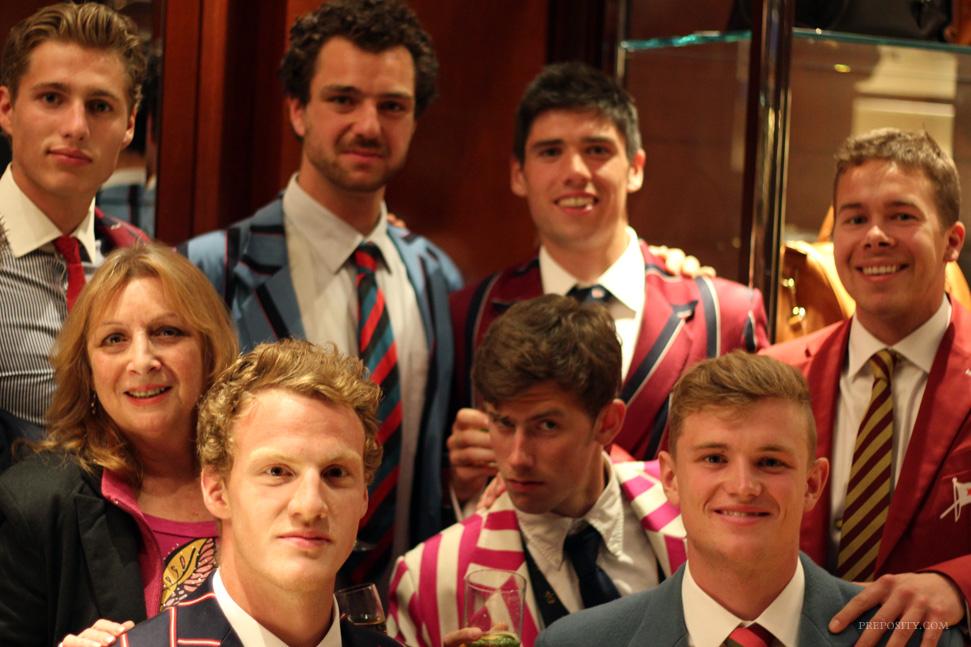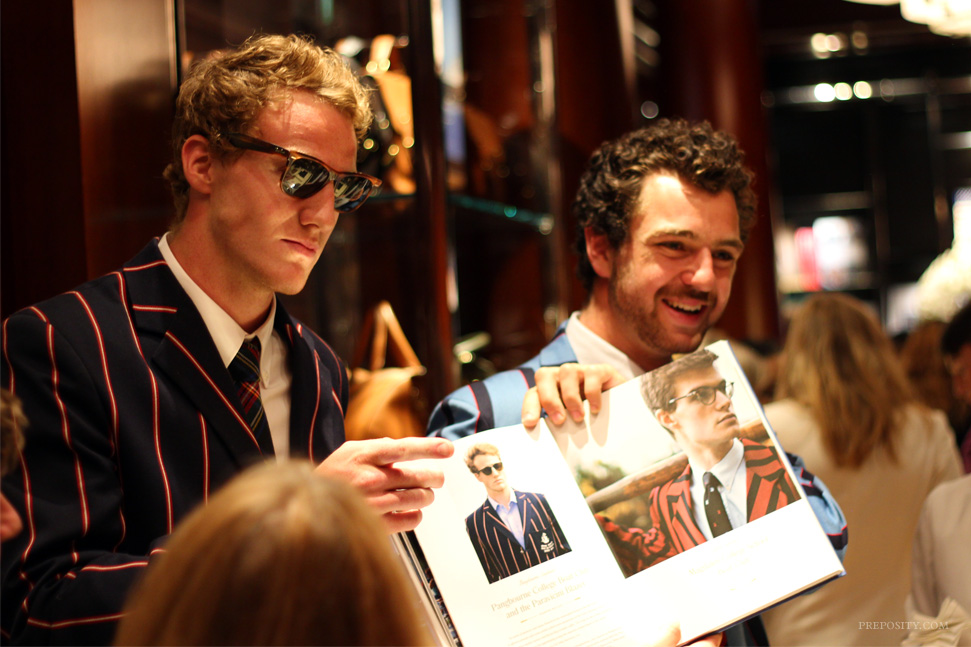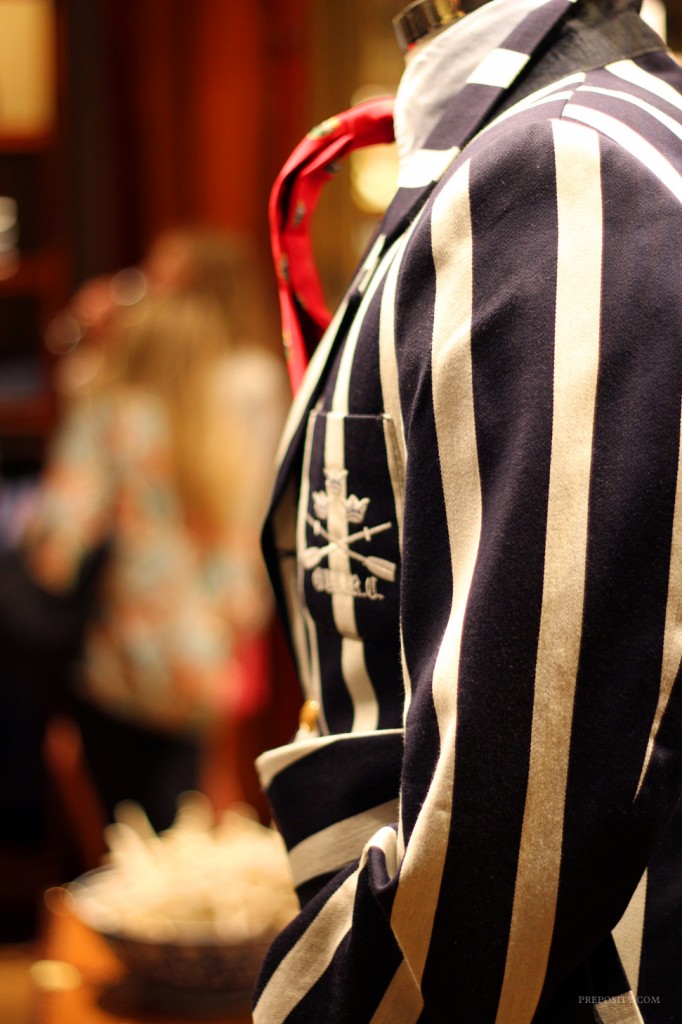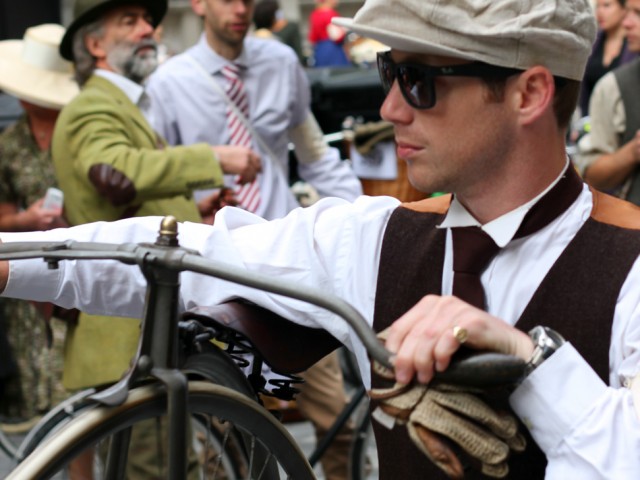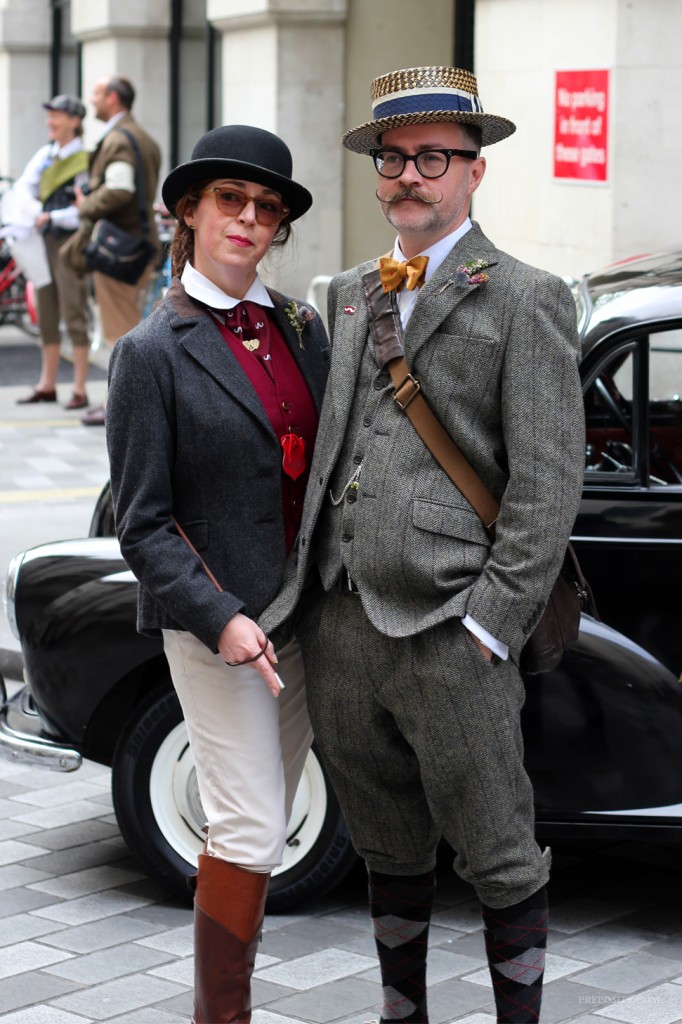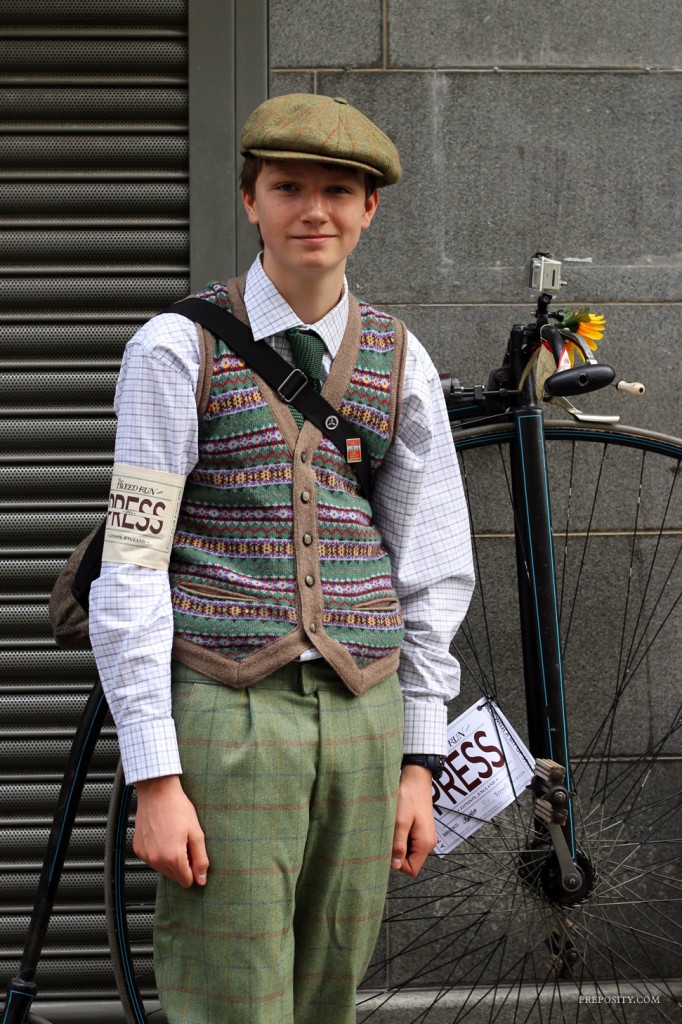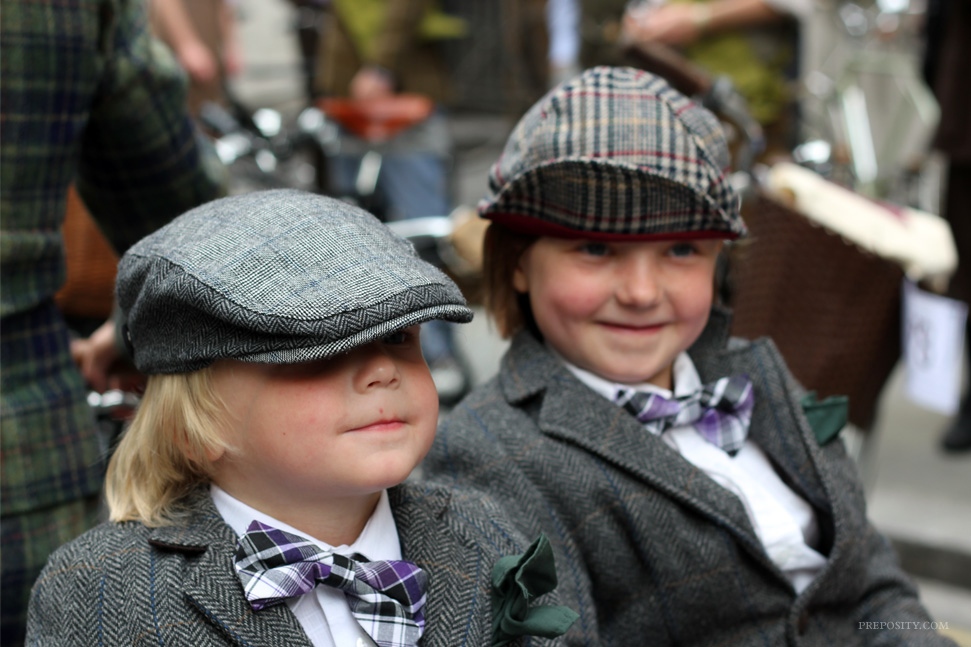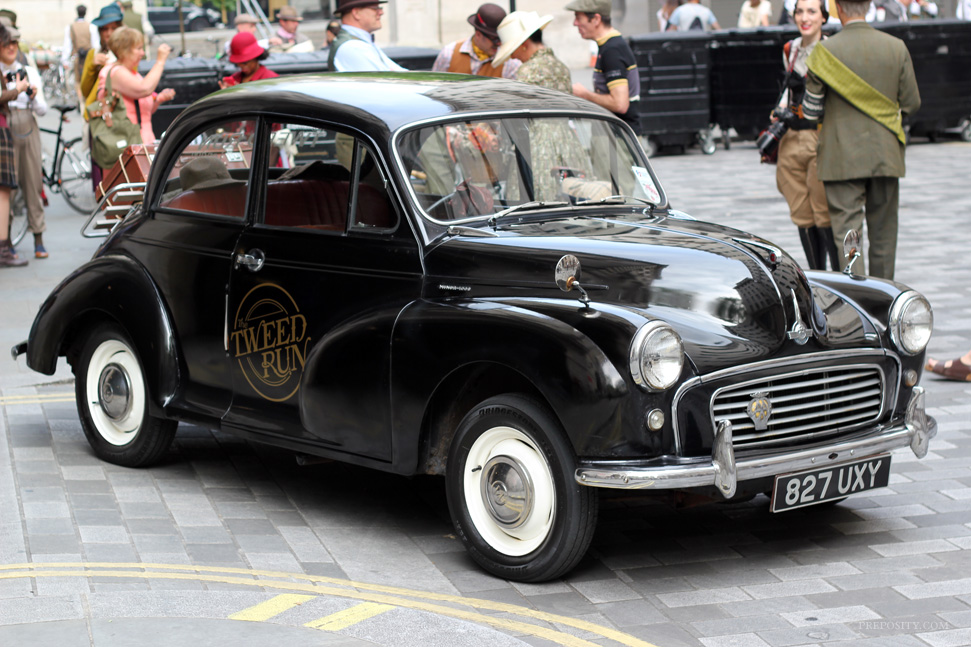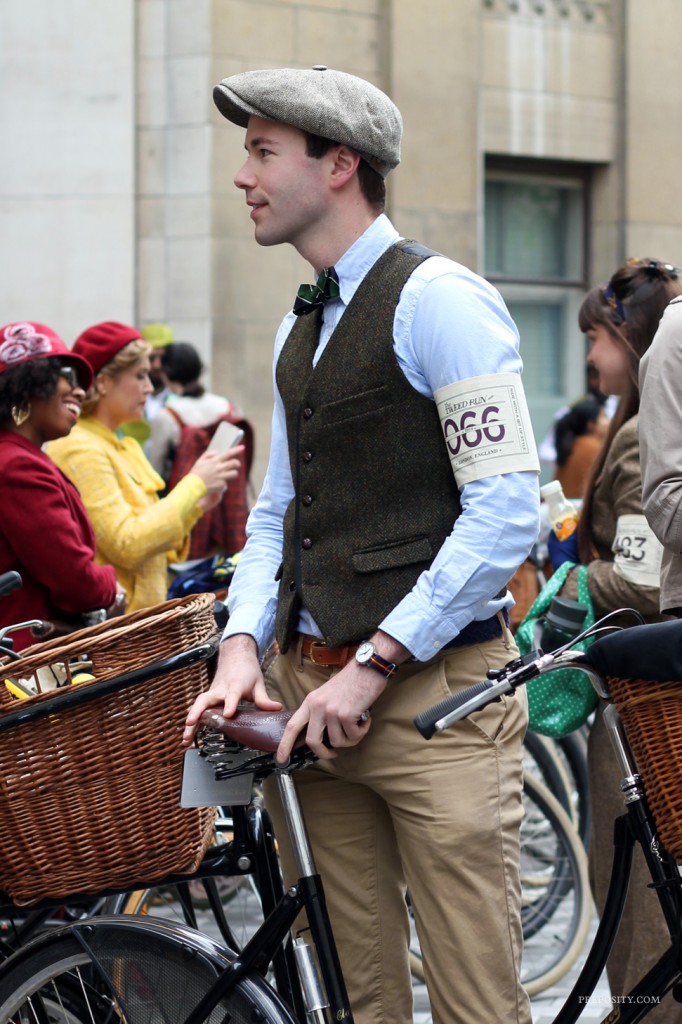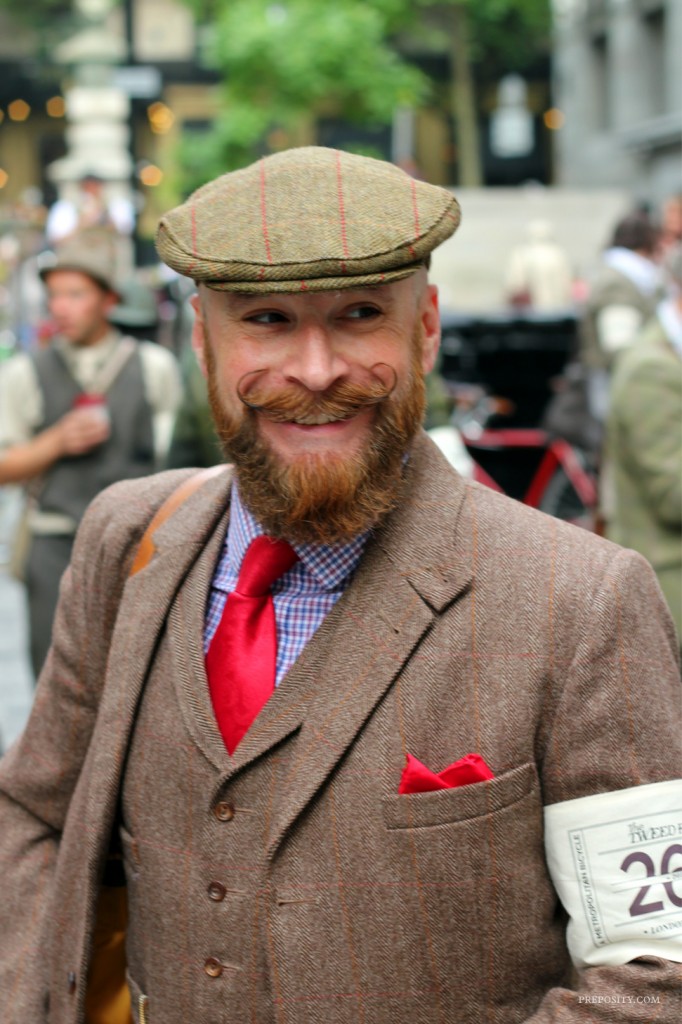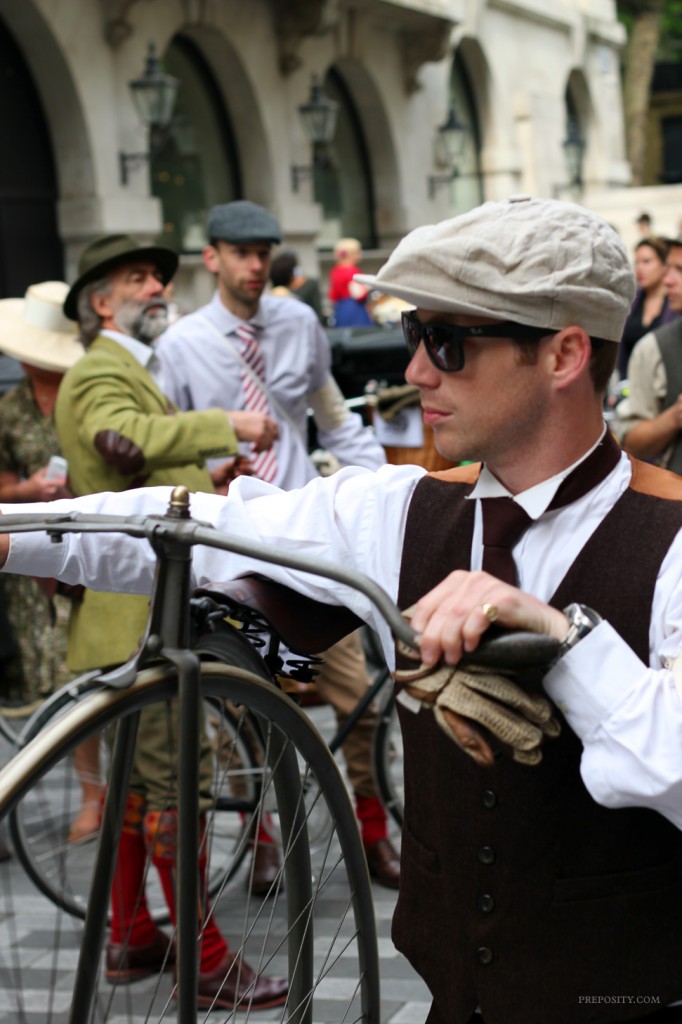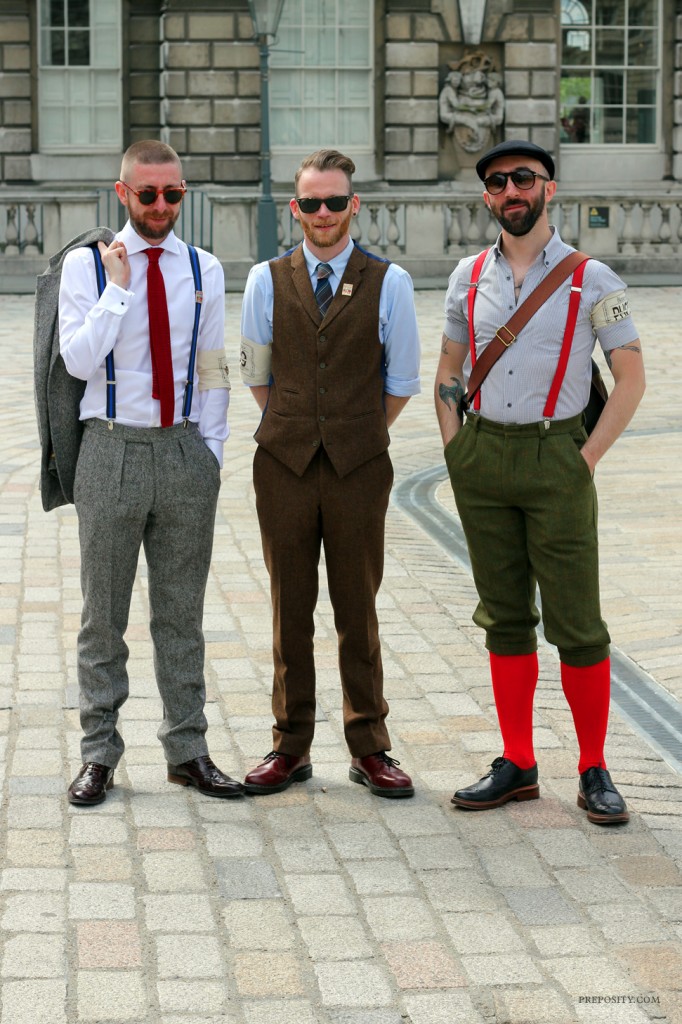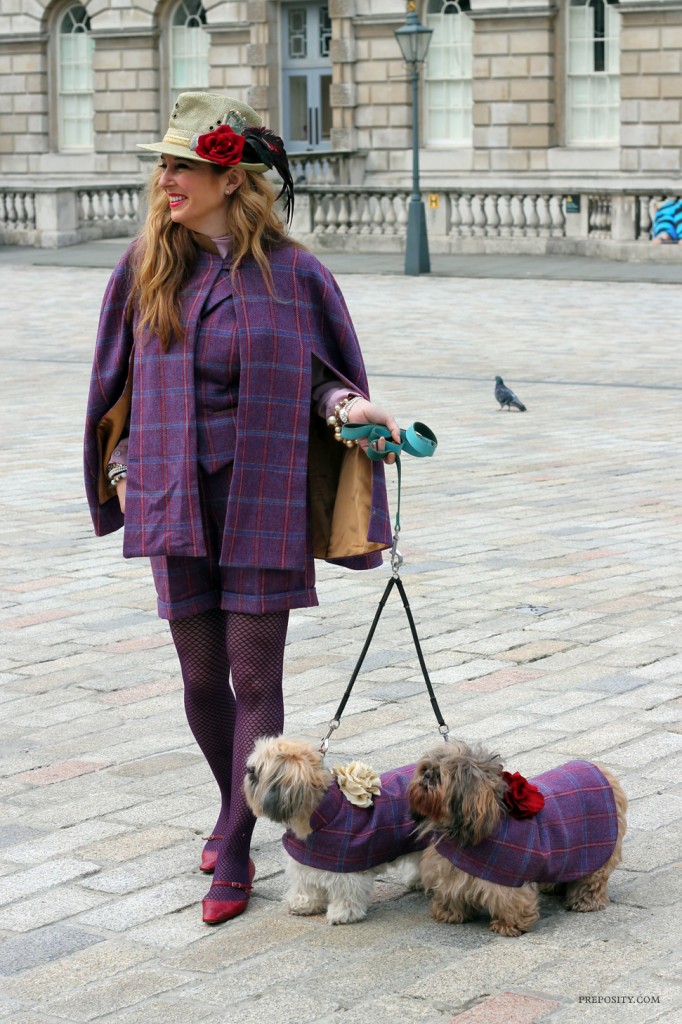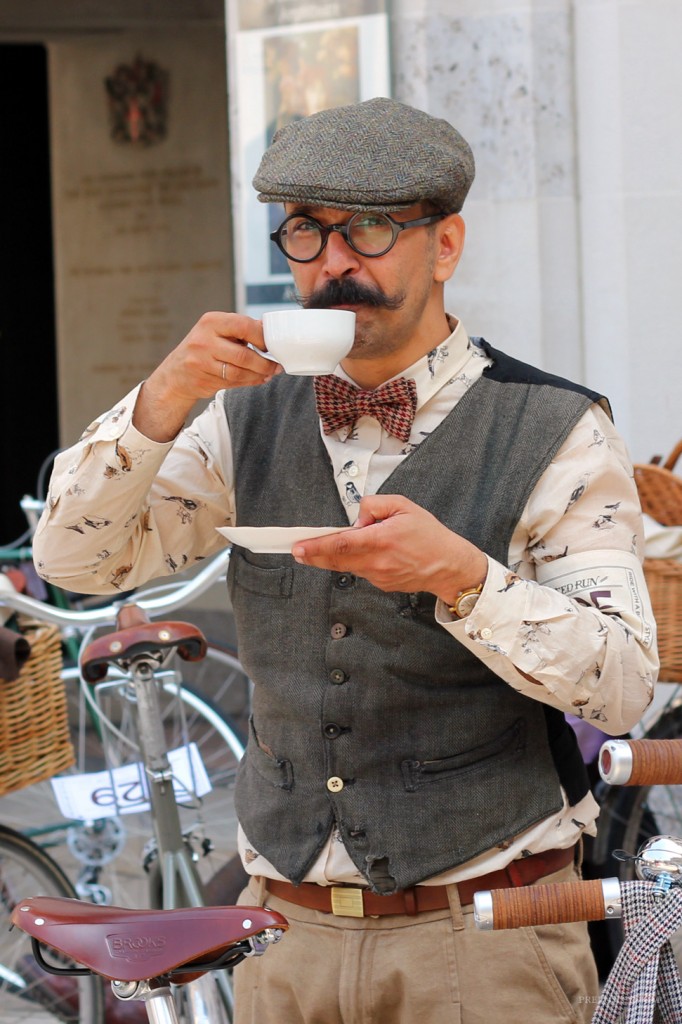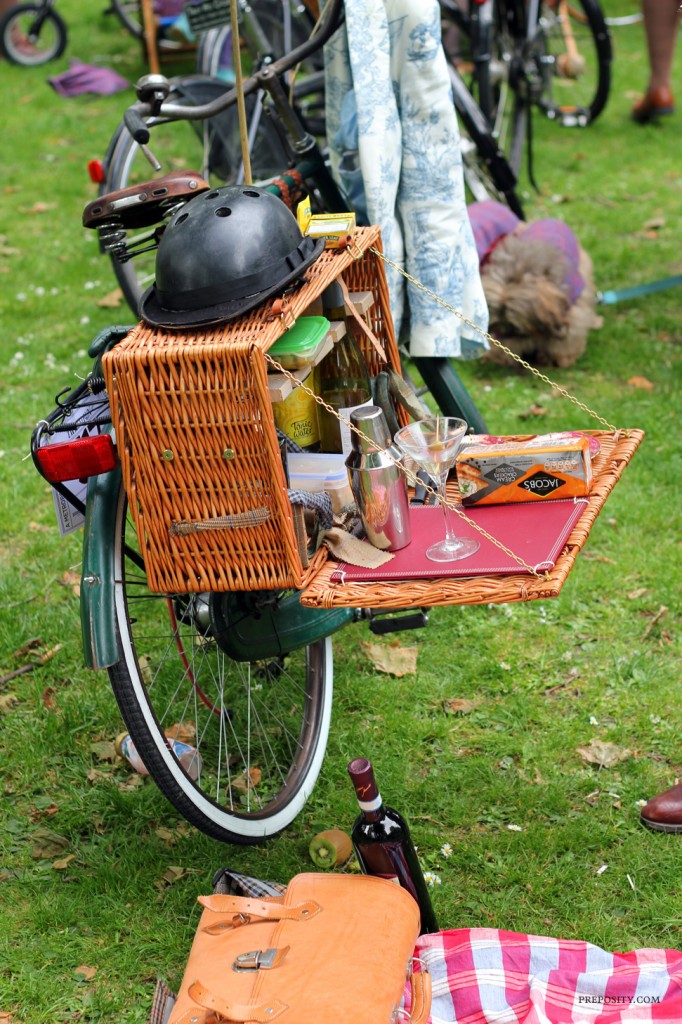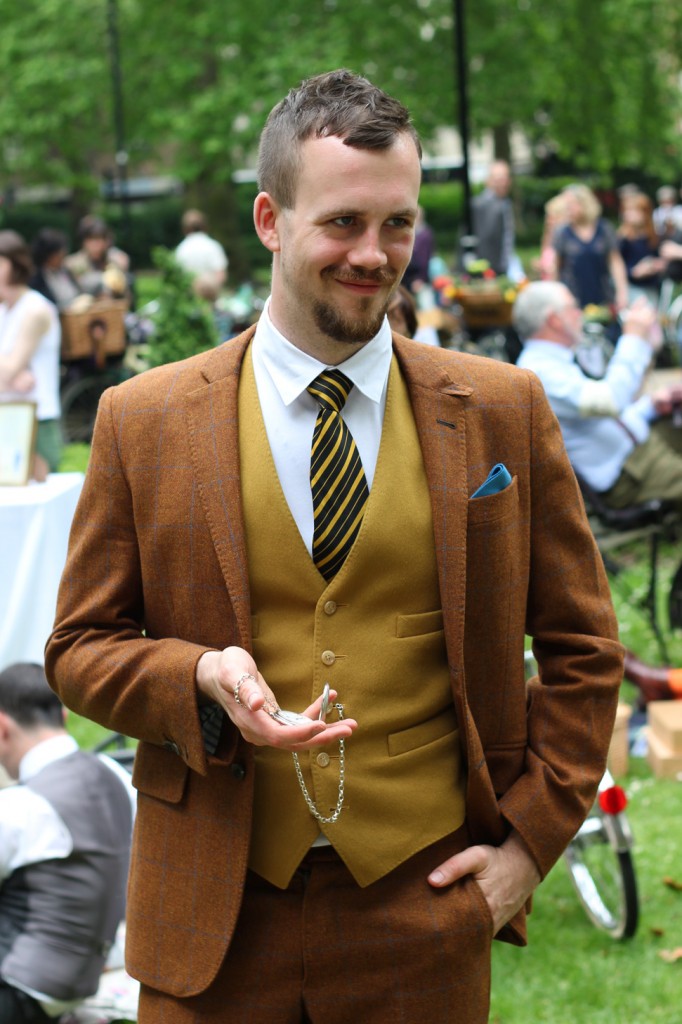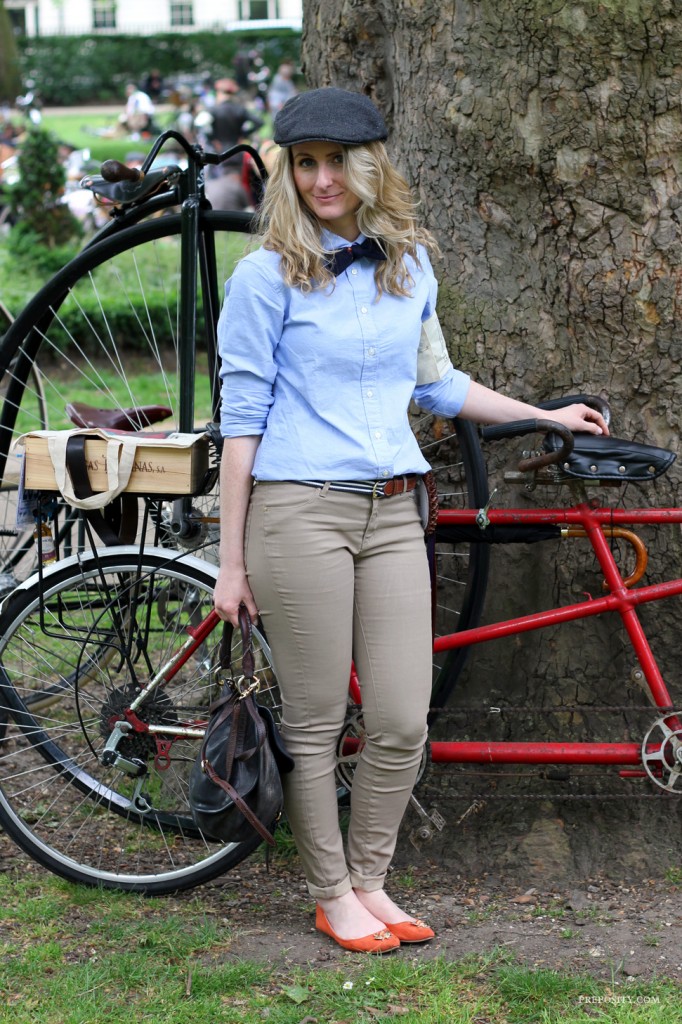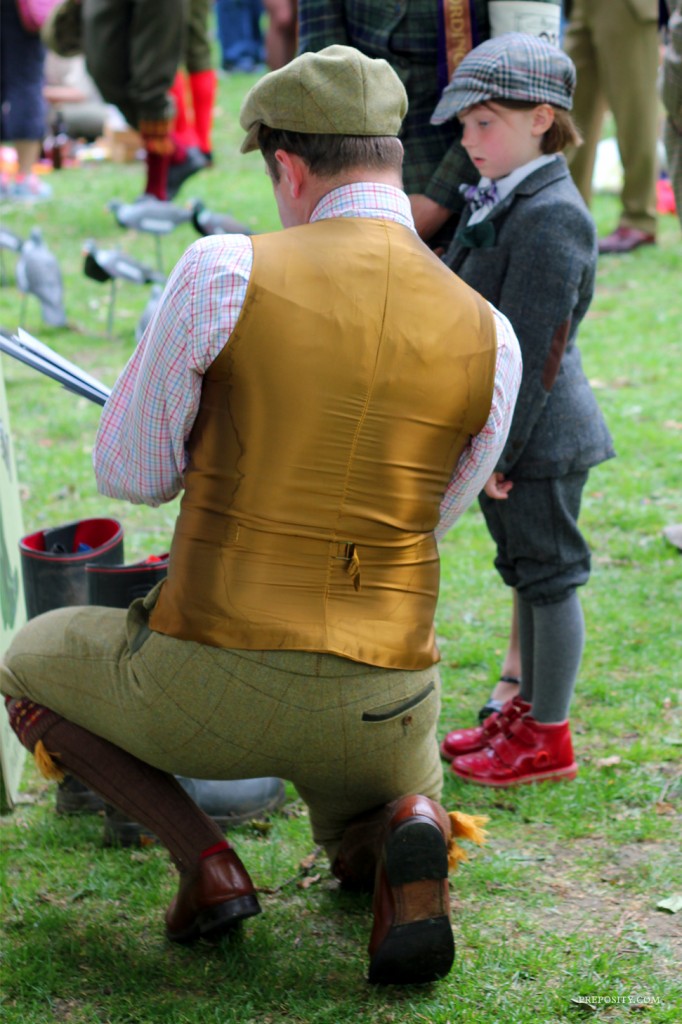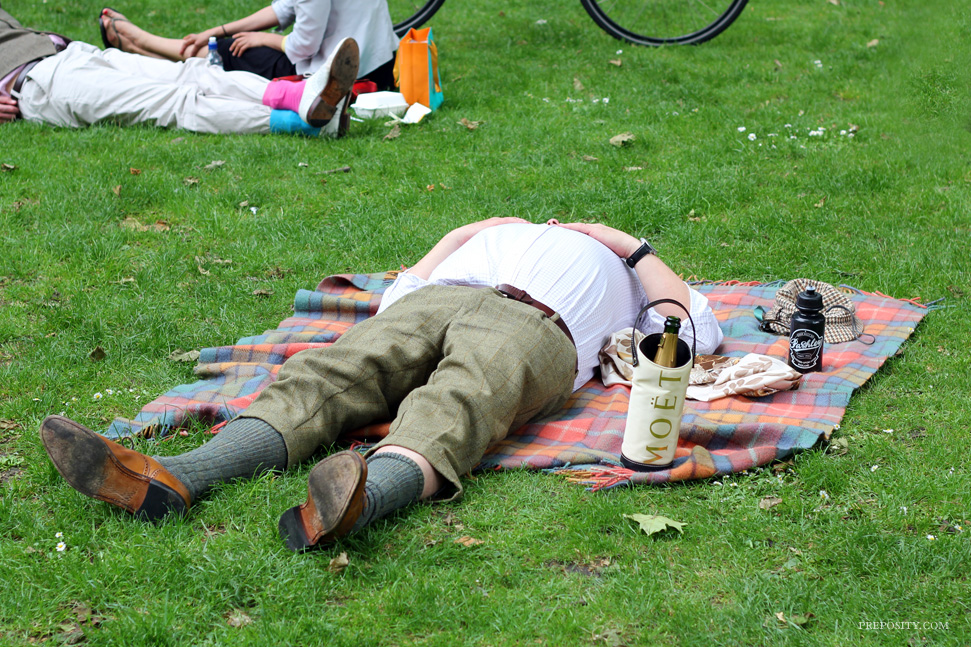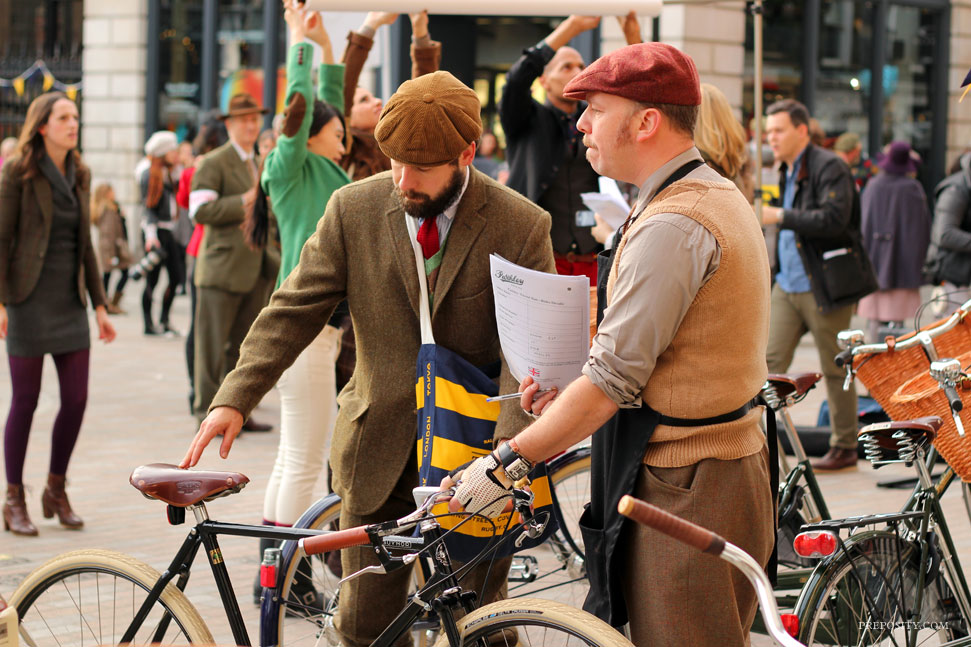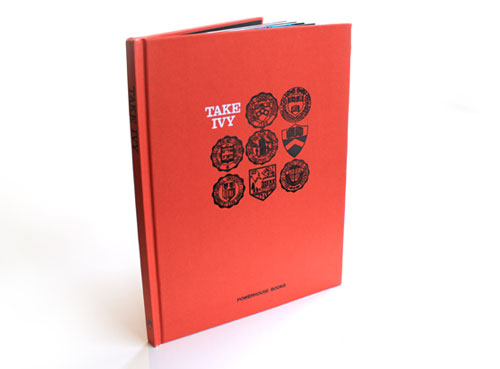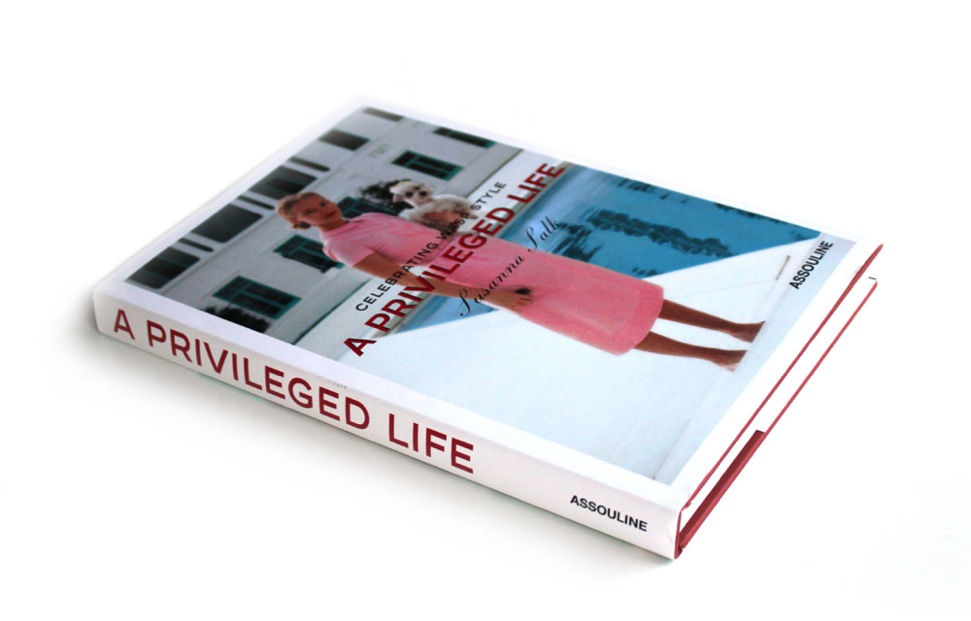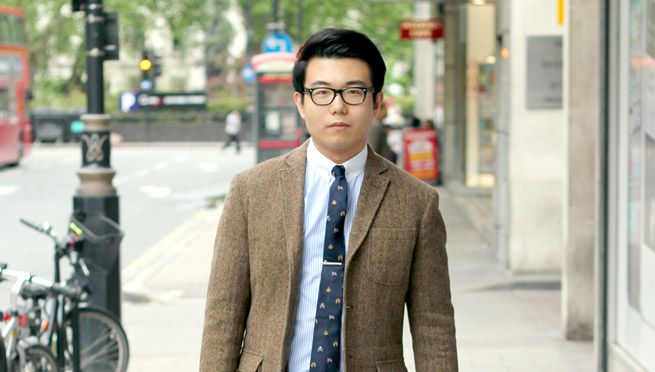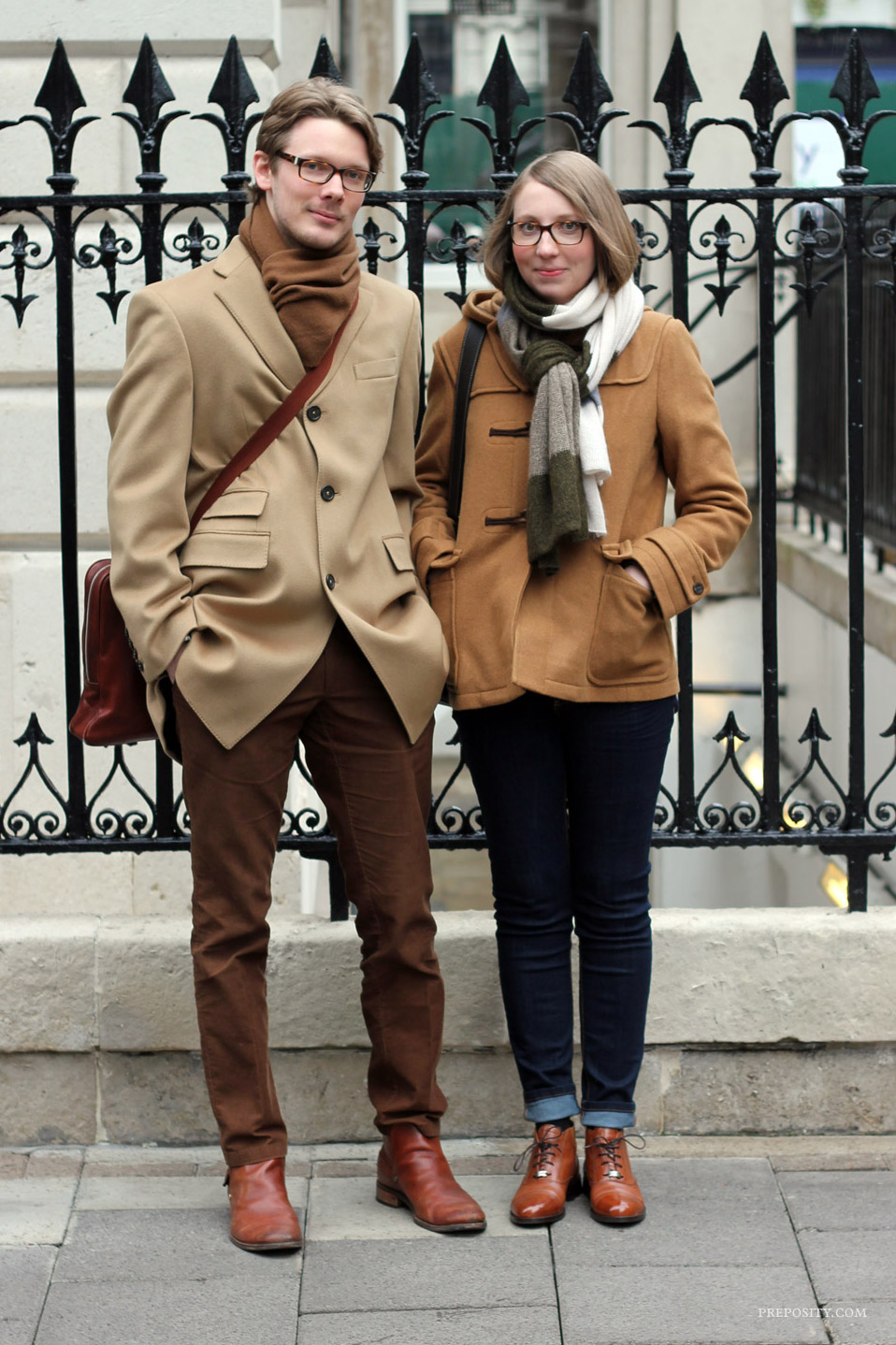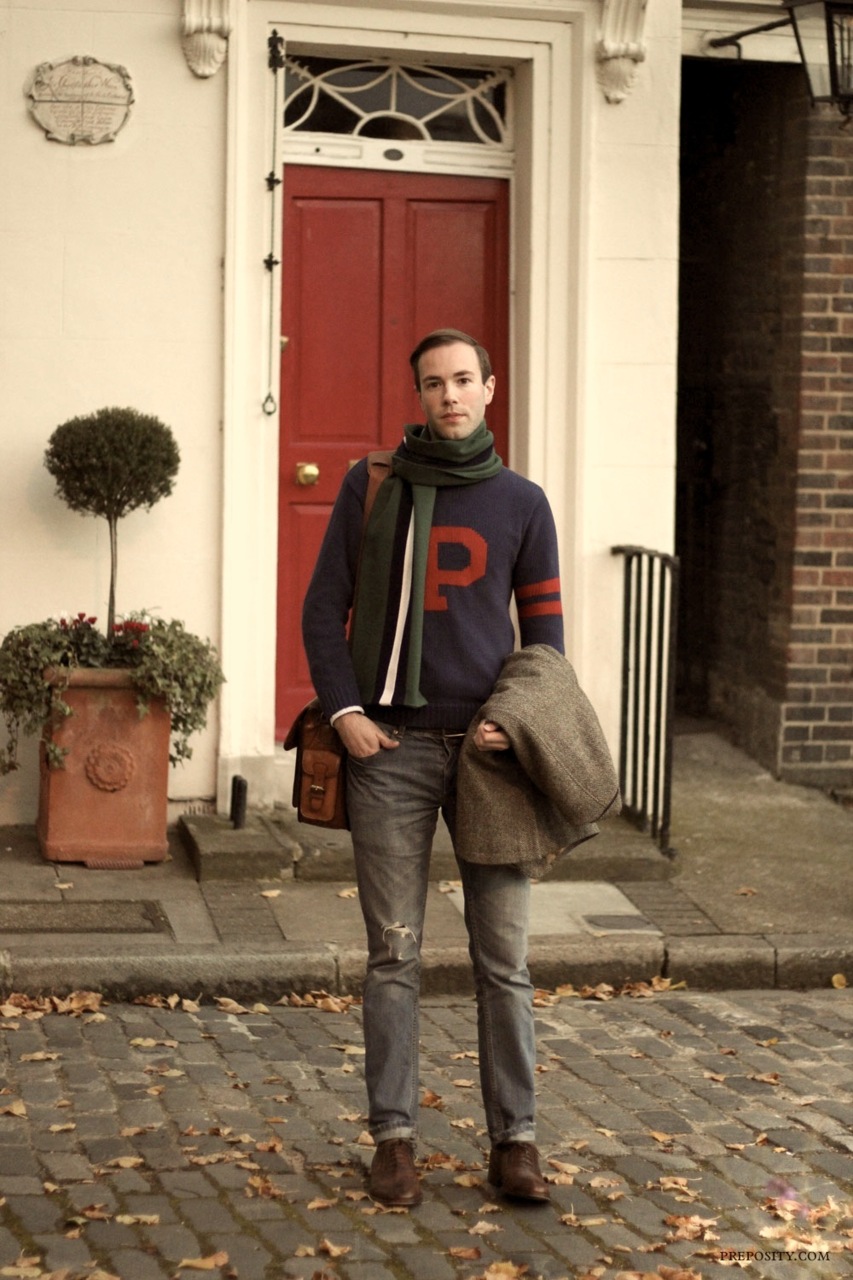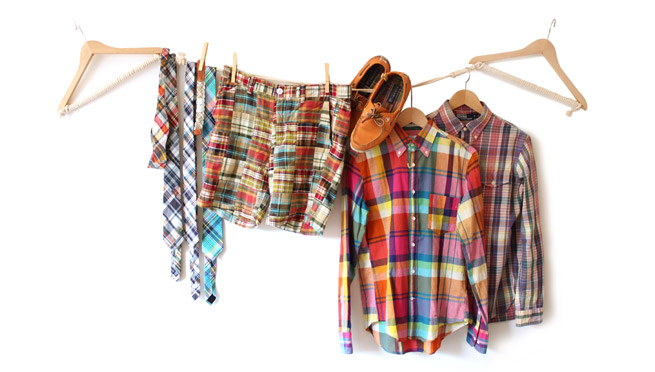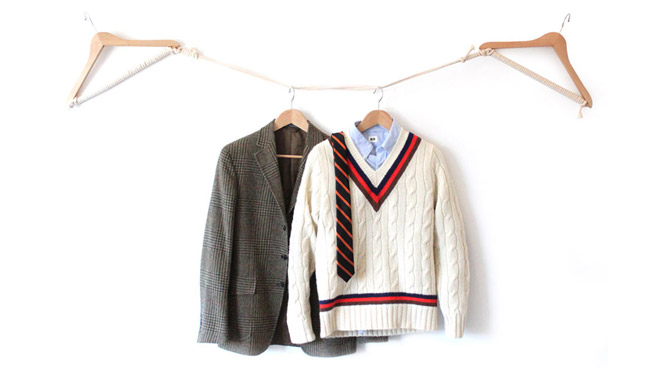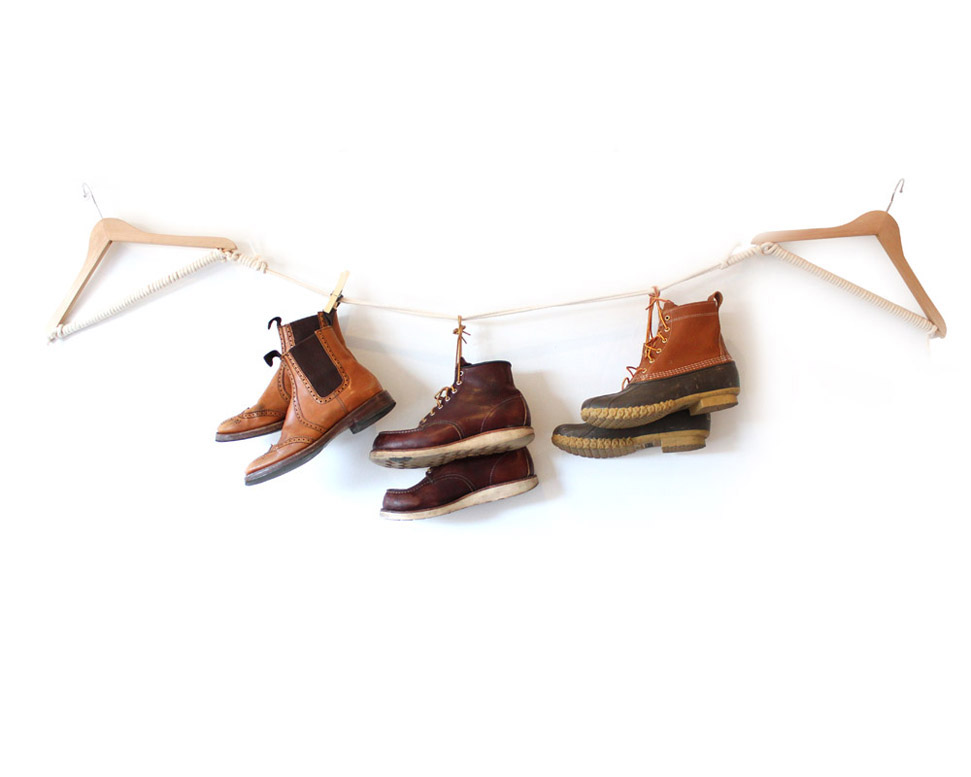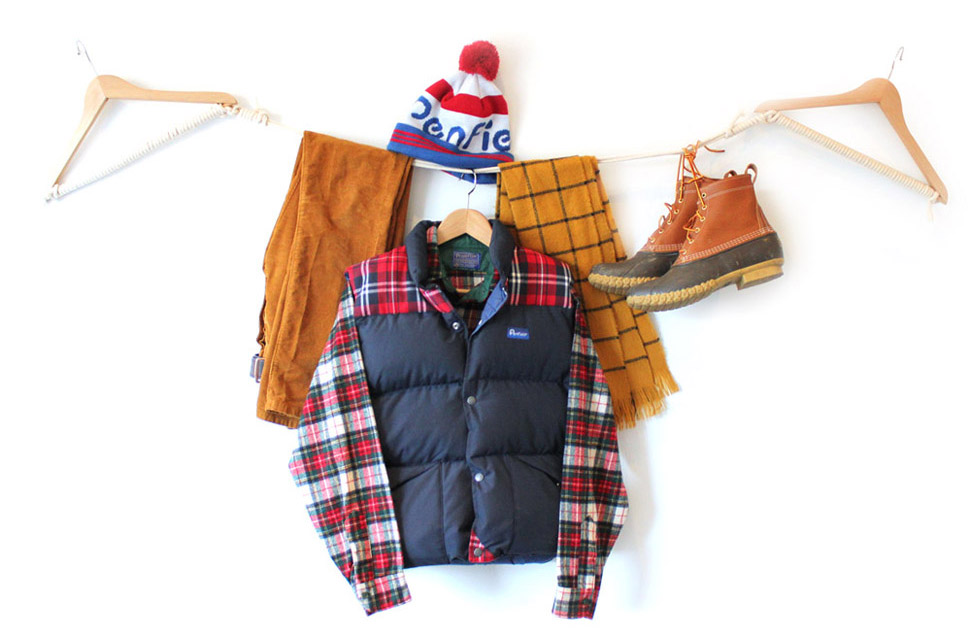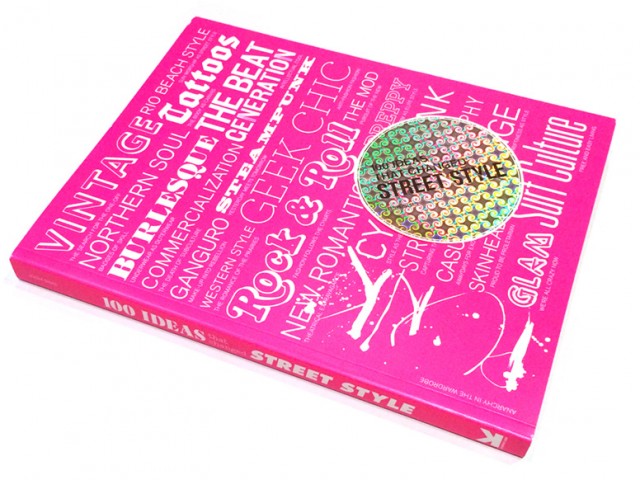
I have often puzzled at the use of the world ‘alternative’ in regards to culture. It is often used to refer to a subculture or genre such as ‘alternative rock’ or ‘alternative clothing’. But to what is it really an alternative? There is surely always more than one mainstream culture. One could argue that there have always been multiple strands of fashion that has made up a so-called mainstream. Fashion and trends often arise once new ideas or re-imaginings of existing ideas enter a public consciousness, and often involve a competitive one-upmanship that actually requires those at the forefront to stand out.
Since the birth of the teenager in the post-war period, young people have formed social groups based on any number of factors, often cultural. Along with these shared interests, fashion has often been a method by which social groups choose to signal allegiance.
Josh Sims’s new book 100 Ideas That Changed Street Style (Laurence King Publishing) takes a close look at some of the fashions and cultural groups that have endured over the past 70 years. From the mods and rockers of the 60s to the outlandish japanese kids of the Harajuku district of Tokyo. I was stuck by how many older street styles and youth cultures are now part of the mainstream. On a given day you may see someone walking down the street sporting two items that once may have been symbols of opposing sub-cultures. What I find interesting is that every generation feels ownership of ‘their style’ even if it has borrowed heavily from past fashions.
One thing has changed in the last 20 years though: the internet has started to connect social groups from disparate geographic locations. Where once a street style may have started in a specific district of a city and spread slowly via photos and print media, today people from all around the world can share their style instantly and accelerate, even amplify, the cultural impact of their fashion. So with such a huge variety now available, do we have an extremely varied range of sub-cultures? Or a splintered mainstream?
Large, commercial fashion houses often look to street-style and niche cultures for inspiration. I feel that now more than ever, mainstream and street style are influencing each other.
To borrow from Chris Anderson’s book, we are seeing a ‘Long Tail’ effect thanks to the internet, where we may have a few core mainstream fashions at any given time, but below that there are just as many smaller niches that have just as many followers.
100 Ideas That Changed Street Style is worth reading not just for the sections that are most relevant to Preposity (there are sections on Preppy, Blue Note, Vintage and Heritage Reproduction) but to understand how and why youth culture has impacted the mainstream and to that end, your own wardrobe.

I interviewed the author Josh Sims a while back here
and reviewed his previous book Icons of Men’s Style here
 Preposity
Preposity